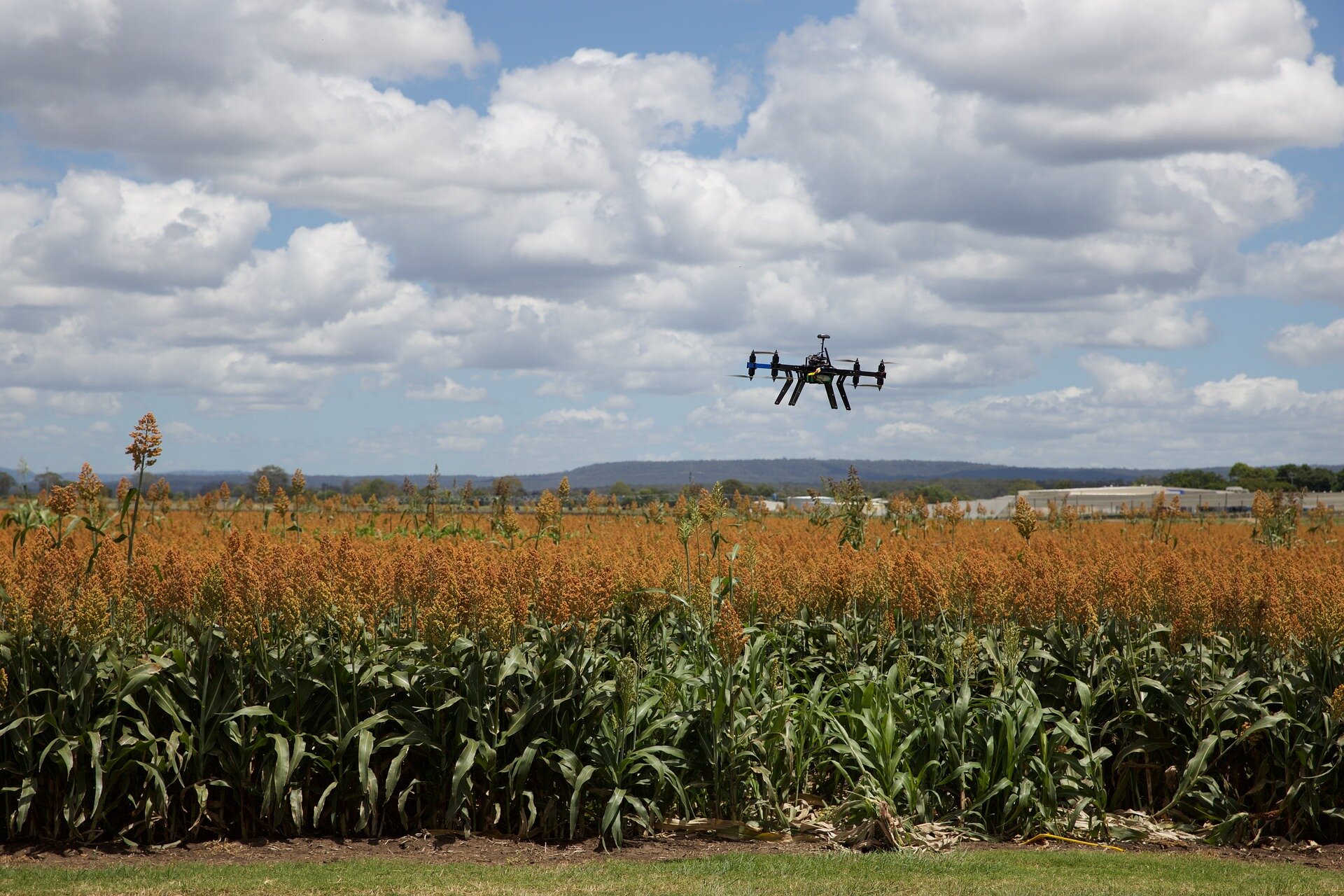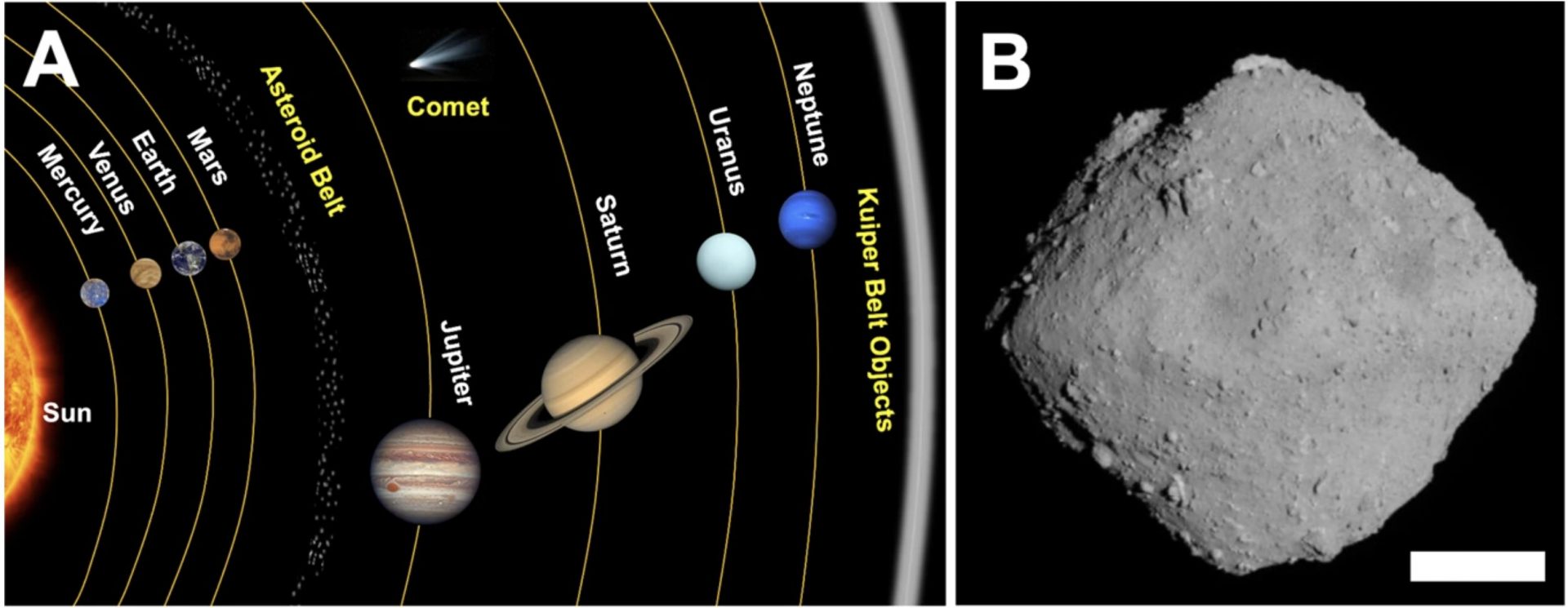Cooperation between Norwegian industry and universities on quantum physics sensors is a win–win situation for society. These sensors have the potential to revolutionize various sectors, including mineral extraction and agriculture.
There has been a lot of talk about the potential of quantum computers. However, fewer people are aware of the practical applications of quantum physics that are already relevant to Norwegian companies and industry.
Quantum physics effects can be harnessed to create ultra-sensitive sensors for measuring magnetic fields, changes to the Earth’s structure and movement, and even gravitational fields. These sensors have clear applications in Norwegian industry, such as surveying land and seabeds for mineral extraction.
While quantum computers may have future potential, it is important to utilize the capabilities of quantum physics in high-precision readings now.
Highly sensitive measuring devices
Studies into quantum sensors aim to develop highly sensitive measuring devices using principles from quantum mechanics. These devices have the potential to surpass the limitations of traditional sensors.
Quantum sensors fully utilize the wavy nature of matter to measure physical magnitudes like magnetic and electric fields, temperature, pressure, and even gravitational waves. Examples include atomic clocks and magnetometers.
Many fields of application for quantum sensors
Quantum sensors could revolutionize navigation, medical imaging, mineral exploration, and agriculture. They can detect minerals that are difficult to find using traditional methods and provide detailed information about soil fertility, crop health, and water use.
By reducing environmental impact and optimizing resource usage, these sensors contribute to the green transition and sustainable practices.
Quantum sensors central to global community
Addressing these issues is crucial for sustainably feeding a growing population. Basic research in natural sciences, including quantum sensors, plays a vital role in technological breakthroughs.
Norway has world-class professionals
Norway, with its rich resources, has researchers who excel in their fields. Major industry players like Equinor and Yara have the financial strength to support necessary basic research. The Research Council of Norway also needs sufficient funding for free basic research.
Investment in basic research needed
Basic research in physics is essential for discovering new technologies. Historical examples include the foundations for long-distance communication, laser technology, magnetic storage, and the internet.
Many essential technologies we use today originated from basic research conducted decades ago.








